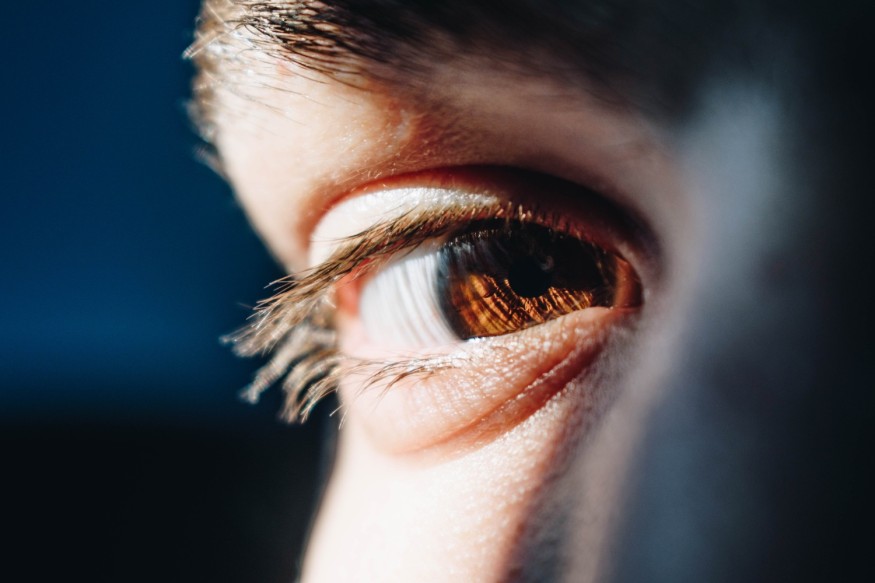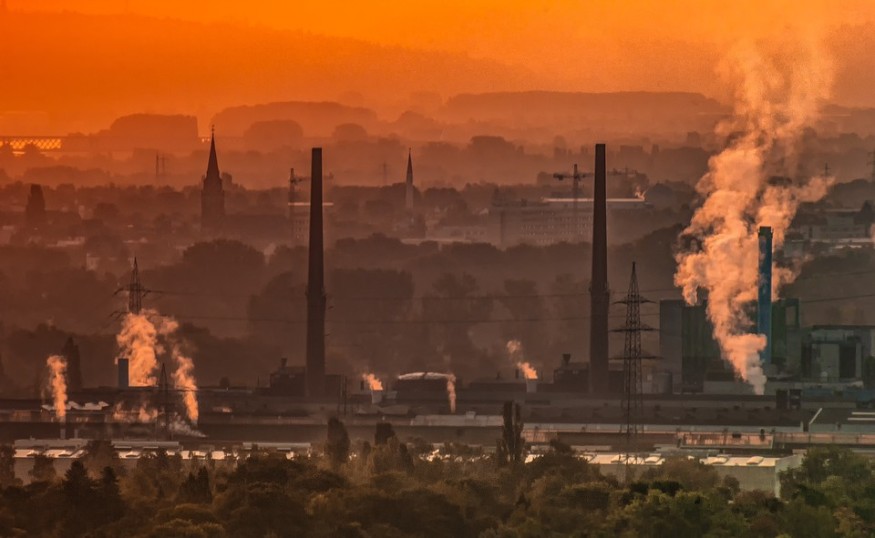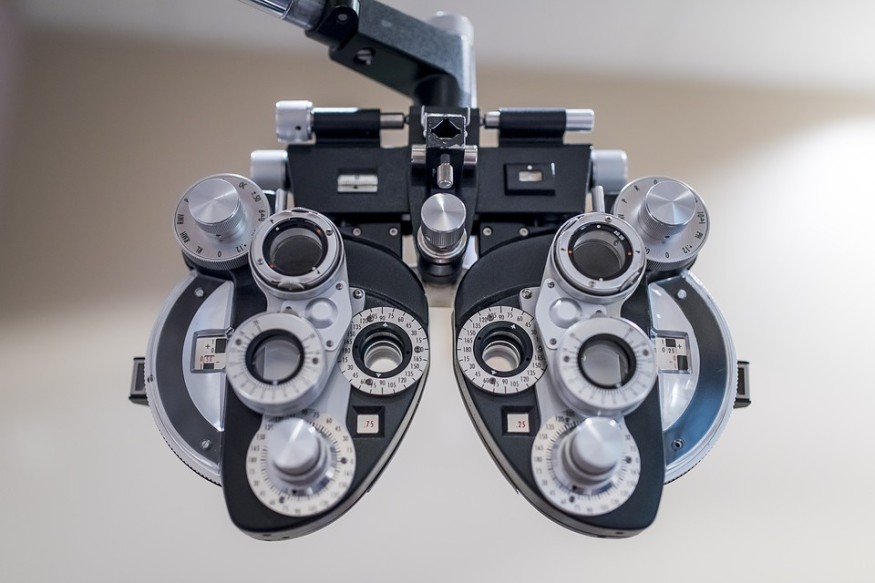
Air pollution has been linked to many serious medical complications, from organ failure to intensifying preexisting respiratory ailments.

A study published in the British Journal of Opthalmology linked the increased risk of AMD (Age-related Muscular Degeneration) caused irreversible vision loss to the worsening air quality caused by air pollutants.
There have been a plethora of academic studies that found a link between dirty air and glaucoma (a group of eye conditions that damage the optic nerve, the health of which is vital for good vision). Some are also studying about its links to cataracts.
The scientists claimed that the eyes have an exceptionally high blood flow, making them quite prone to damage caused by tiny particles, including those breathed or flowing all over the surroundings.
Scientists assessed the connection between air pollution and both diagnoses that fall under AMD. They also included the harmful changes seen in the patient's retina.
They found a tiny increase in exposure to small pollution particles raised AMD's risk by 8%. In comparison, small changes in larger pollution particles and nitrogen dioxide were linked to a 12% higher risk of adverse retinal changes.
Age-related Muscular Degeneration
AMD is the leading cause of irreversible blindness among the over-50s in high-income countries, and there are 200 million people around the world with the condition. In the UK, about 5% of people over 65 years old have the disease.
Genetics and poor physical health conditions caused by deterring factors like smoking, obesity, and bad living conditions are the biggest risk factors for AMD.
And, as a healthy lifestyle becomes harder to maintain due to aging, the impact of air pollution will become more and more apparent to the body's internal system.
Genetics and aging cannot be prevented but, according to experts, dirty air can. With the right legislation, an improved air condition is possible.
According to the WHO (World Health Organization), 90% of the population live in areas with bad air quality, dirty air. And, as air conditions worsen, more diseases are, directly and indirectly, linked to it.
Case Study
"There is an enormously high flow of blood [to the retina], and we think that as a consequence of that the distribution of pollutants is greater to the eye than to other places," said Prof Paul Foster, at University College London, UK, and who was part of the study team. "Proportionately, air pollution is going to become a bigger risk factor as other risk factors are brought under control."

"It's important to keep things in context - people shouldn't be looking outside their door and thinking: 'I can't go out because it is polluted out there,'" he said. "The study gives people information that they can use to alter their lifestyle choices. For example, it may be another reason why we might consider going for an electric car, instead of buying a diesel."
To gather the data they need, the researchers studied the cases of 116,000 individuals age 40-69 with no apparent eye problems. The health status of their retinas was examined by scans.
The researchers found that people exposed to an additional 1 microgram per cubic meter of tiny particles had an 8% higher risk of AMD.
The average level of small particles in the UK is 10µg/m3, which is relatively low compared with many other countries. The researchers took account of other factors that might influence AMD development, including age, smoking, weight, and deprivation.
Solution
As mentioned by the researchers, some factors are inevitable. Aging and genetics are natural; it is impossible to stop them.
They can be delayed, but they can't be stopped. But, the one factor that can still be fixed is the improvement of air quality. It would be best to work with the data gathered to push for better regulations aimed at battling air pollution.
For more environmental news, don't forget to follow Nature World News!
© 2025 NatureWorldNews.com All rights reserved. Do not reproduce without permission.





